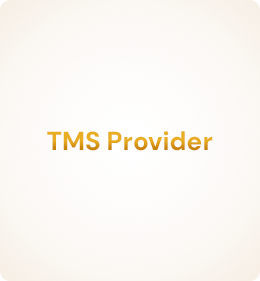









We’re a team of clinicians and staff who have dedicated our lives to research, education, and treating those with mental health conditions. We’re especially passionate about helping those with Treatment-Resistant Depression and providing the most advanced therapies available, including Transcranial Magnetic Stimulation (TMS) and esketamine nasal spray, both FDA-approved for advanced depression.
Mental health conditions can be profoundly painful and isolating, making it difficult to seek help. Our team provides a unique, patient-centered experience to help you find the appropriate treatment and relief from your symptoms. We’re grateful to be practicing psychiatry during this era in which there are so many new treatment possibilities and new hope for those with mental health conditions.




"*" indicates required fields